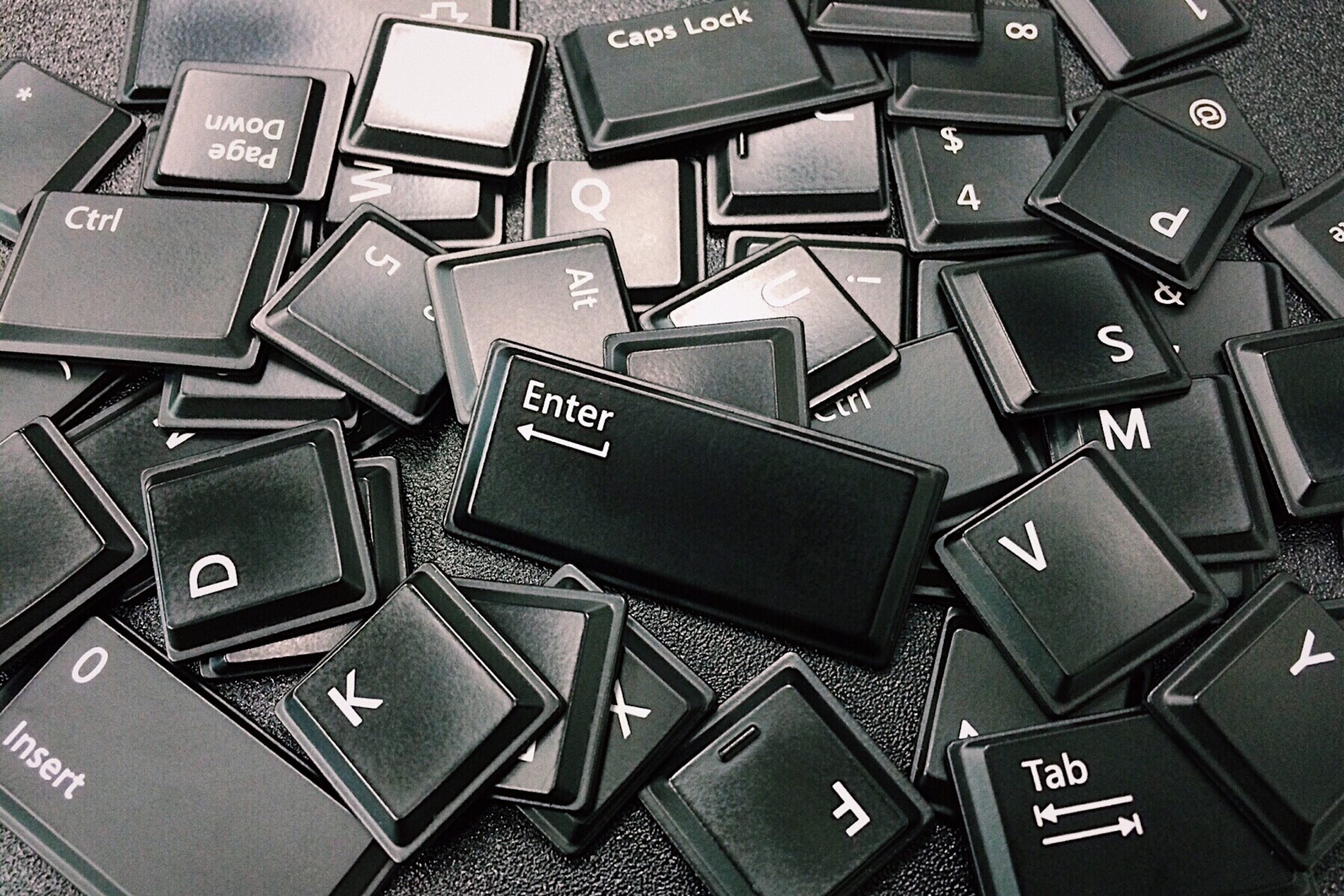By: Vittoria Blanco
The regulation of speech on the Internet, specifically on social media, is a divisive issue. At the core is the attempt to balance freedom of speech and regulating speech according to certain guidelines. Most commonly, these guidelines attempt to remove content on the Internet that constitutes hate speech.
How is hate speech regulated in Canada?
In Canada, hate speech can be severe enough to violate criminal law. Section 319 of the Criminal Code states that everyone who publicly communicates statements that incites hatred or wilfully promote hatred against any identifiable group is guilty of an offence. [1] Statements made on social media that the Criminal Code captures can lead to criminal consequences. Because social media platforms are internationally accessible and span borders, platforms also implement policies and guidelines regarding acceptable content. However, these guidelines are also subject to change. Twitter and Meta are two popular social media platforms with recently transformed speech regulation policies. By understanding these changes, you can learn how you are protected and what limits exist on your speech on these platforms.
What does Elon Musk and Twitter have to do with Hate Speech?
Elon Musk acquired Twitter on October 27, 2022. Before the acquisition – in March of 2022 – Mr. Musk tweeted to his followers asking whether they believe Twitter “rigorously adheres to” the principle of free speech. [2] As Twitter’s largest shareholder, Mr. Musk has long criticized Twitter’s speech regulation policies, and upon buying the company, Mr. Musk implemented a variety of changes to many of the company’s policies. [3]
Elon Musk laying off Twitter content moderators
The most significant change to Twitter’s speech guidelines was Mr. Musk’s decision to eliminate Twitter’s Trust and Safety Council on December 12, 2022.[4] The Trust and Safety Council was an advisory group that was created in 2016 and consisted of around 100 volunteer organizations that worked within civil and human rights. [5] The role of the group was to advise Twitter on how to combat hate speech, child exploitation, harassment, and other harms. [6] Along with the Council, Mr. Musk laid off an unknown number of contract workers whose sole role was to focus on content moderation. According to Sarah Roberts, a professor at the University of California, Los Angeles and a staff researcher at Twitter, at least 3,000 of these contract workers were fired. This decision led to questions surrounding how Twitter could enforce its speech guidelines.
Slurs continue to be reported on Twitter
Immediately after these changes, some of these concerns materialized. Reports stated that slurs against Black Americans, gay men, and Jewish people increased significantly. [7] Accounts that had been banned from Twitter (such as Donald Trump, Kanye West, and accounts part of the Islamic State), were reinstated. These changes reflect Mr. Musk’s self-imposed label of being a “free speech absolutist”. They may change the everyday user’s experience on Twitter.[8]
As the guidelines currently exist, there are certain prohibited behaviours that the platform will review if reported to Twitter. These behaviours include hateful references, incitement, repeated slurs and tropes, dehumanization, hateful imagery, and hateful profiles.[9]
How is Meta handling this?
Meta owns Instagram and Facebook, two other prevalent social media platforms governed by Meta’s speech regulation guidelines. Meta defines hate speech as direct attacks on people based on protected characteristics, such as race, ethnicity, disability, religion, sexual orientation, sex, et cetera. Attacks include violent or dehumanizing speech, harmful stereotypes, expressions of contempt, disgust, et cetera. Meta has three tiers of prohibited content. [10] The platform updated its Community Guidelines in 2020, strengthening the rules and adding more nuance to the types of prohibited behaviours, including Blackface content and common antisemitic tropes. [11]
Conclusion
Words are powerful tools that equip us to amplify our opinions and voices, as well as the thoughts of those around us. Social media provides us with the space to utilize the power of words and imagery, however we are subject to the rules of these platforms. Although these guidelines may be constantly shifting, understanding these parameters will improve our experience on social media and push healthy and constructive discourse
Disclaimer: The information provided in this response is for general informational purposes only and is not intended to be legal advice. The content provided does not create a legal client relationship, and nothing in this response should be considered as a substitute for professional legal advice. The information is based on general principles of law and may not reflect the most current legal developments or interpretations in your jurisdiction. Laws and regulations vary by jurisdiction, and the application and impact of laws can vary widely based on the specific facts and circumstances involved. You should consult with a qualified legal professional for advice regarding your specific situation.
[1] Criminal Code, RSC 1985, c C-46, s.319.
[2] Elon Musk, “Free speech is essential to a functioning democracy. Do you believe Twitter rigorously adheres to this principle?” (March 25, 2022 at 3:34), online: Twitter, <https://twitter.com/elonmusk/status/1507259709224632344?ref_src=twsrc%5Etfw%7Ctwcamp%5Etweetembed%7Ctwterm%5E1507259709224632344%7Ctwgr%5E76145183361760f06943e7a2ef6f2717aacb745b%7Ctwcon%5Es1_&ref_url=https%3A%2F%2Fwww.searchenginejournal.com%2Felon-musks-twitter-takeover-a-timeline-of-events%2F470927%2F>.
[3] Matt G. Southers, “Elon Musk’s Twitter Takeover: A Timeline of Events” (16 November 2022), online: Search Engine Journal <https://www.searchenginejournal.com/elon-musks-twitter-takeover-a-timeline-of-events/470927/#close>.
[4] Siladitya Ray, “Twitter Shuts Down Its Trust and Safety Council – Here’s What You Need To Know” (13 December 2022), online: Forbes <https://www.forbes.com/sites/siladityaray/2022/12/13/twitter-shuts-down-its-trust-and-safety-council-heres-what-you-need-to-know/?sh=484764b01460>.
[5] Abigale Subdhan, “Here’s how Twitter has changed since Elon Musk took over as CEO” (22 December 2022), online: The Globe and Mail < https://www.theglobeandmail.com/business/article-twitter-elon-musk-changes/>.
[6] Ibid.
[7] Sheera Frenkel and Kate Conger, “Hate Speech’s Rise on Twitter Is Unprecedtented, Researchers Find” (2 December 2022), online: The New York Times <https://www.nytimes.com/2022/12/02/technology/twitter-hate-speech.html>.
[8] Ibid.
[9] Twitter, “Hateful Conduct” (February 2023) online: Twitter <https://help.twitter.com/en/rules-and-policies/hateful-conduct-policy>.
[10] Meta,”Hate Speech” (28 February 2023) online: Meta <https://transparency.fb.com/policies/community-standards/hate-speech/?source=https%3A%2F%2Fwww.facebook.com%2Fcommunitystandards%2Fhate_speech>.
[11] Instagram, “An update on our work to tackle abuse on Instagram” (11 February 2021) online: Instagram <https://about.instagram.com/blog/announcements/an-update-on-our-work-to-tackle-abuse-on-instagram>.

